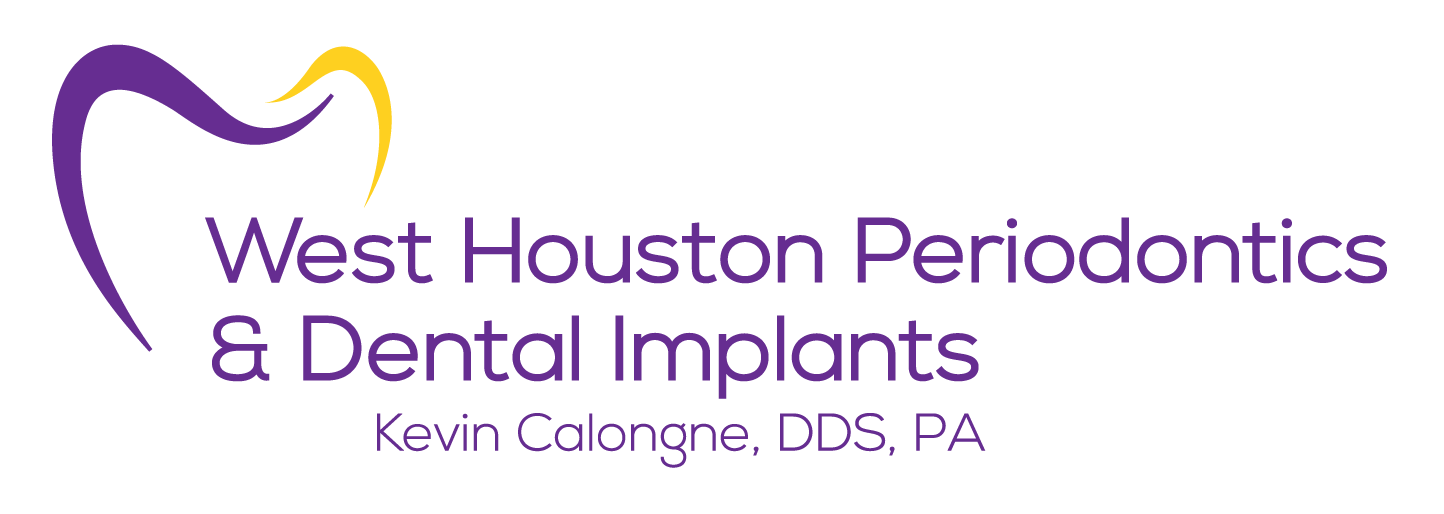Aging is a natural part of life’s journey, and as we grow older, our bodies undergo various changes, including our periodontal health. Maintaining optimal gum health in our later years is paramount, not only for a confident smile but also for overall well-being. In this blog post, we will explore how periodontal health evolves with age and provide invaluable tips for seniors to sustain healthy gums throughout their golden years.
Evolving Periodontal Health as We Age:
- Gum Recession: Aging often leads to gum tissue recession, exposing tooth roots and increasing susceptibility to gum diseases like periodontitis.
- Tooth Mobility: Tooth mobility may become a concern in older age due to bone loss, a common consequence of untreated periodontal disease.
- Dry Mouth Challenges: Seniors are more prone to dry mouth (xerostomia) due to medications and underlying medical conditions. Reduced saliva flow can exacerbate gum problems.
- Increased Periodontal Disease Risk: Older adults are at a higher risk of periodontal diseases such as gingivitis and periodontitis, which can have systemic health implications.
- Dental Implants and Prosthodontics: Seniors may require dental implants and prosthodontic treatments to address tooth loss or periodontal damage.
Tips for Sustaining Periodontal Health in Later Years:
- Frequent Periodontal Check-ups: Maintain regular visits to a periodontist or dentist, aiming for at least two appointments annually. These professionals specialize in gum health and can detect issues early on.
- Optimal Gum Care: Prioritize thorough daily oral care, including gentle brushing with a soft-bristle toothbrush and fluoride toothpaste, as well as regular flossing to remove plaque from between teeth and along the gumline.
- Hydration and Saliva Stimulation: Stay well-hydrated to mitigate dry mouth symptoms. Use sugar-free gum or saliva substitutes to increase saliva production, promoting a healthier oral environment.
- Nutritious Diet: Embrace a balanced diet rich in nutrients, especially vitamins C and D, which are crucial for gum health. Minimize sugar intake to reduce the risk of gum disease.
- Tobacco and Alcohol Avoidance: Quit smoking and moderate alcohol consumption, as these habits are detrimental to periodontal health.
- Proper Denture and Dental Prosthesis Maintenance: If you wear dentures or dental prostheses, adhere to your periodontist’s or dentist’s instructions for cleaning and maintenance.
- Fall Prevention: Prevent falls, which can cause injuries to the gums and teeth, by maintaining a safe living environment.
- Vigilance and Prompt Action: Stay vigilant about your periodontal health and report any symptoms, including bleeding gums, swelling, or discomfort, to your periodontist or dentist without delay.
- Periodontal Treatment Options: Discuss periodontal treatment options with your periodontist, such as scaling and root planing, gum surgery, or dental implants, if necessary to address gum disease or tooth loss.
Aging should not be synonymous with deteriorating periodontal health. By following these tips and maintaining proactive gum care, seniors can preserve the health of their gums and enjoy a confident smile throughout their later years. Periodontal health is an integral component of overall well-being, and it’s never too late to prioritize it. Seek professional guidance, embrace healthy habits, and make the most of your golden years with a vibrant and healthy smile.

